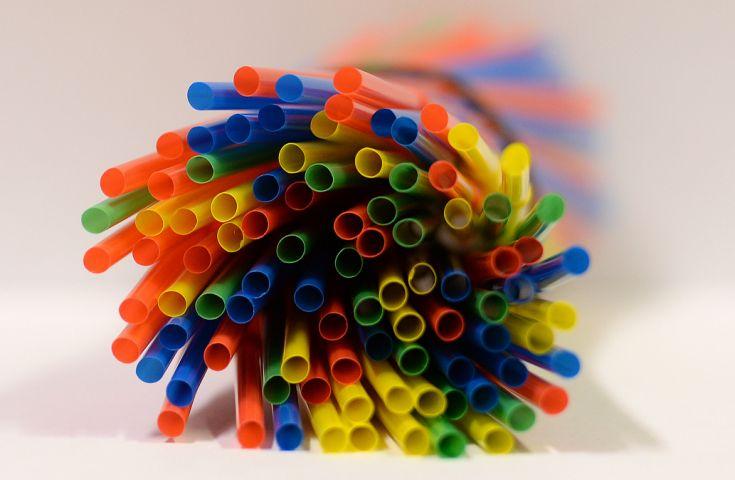What the European Parliament’s ban on single-use plastic means for UK residents
Analysis: As the EU announces sweeping bans on single-use plastics, Josh Gabbatiss asks what this means – if anything – for British people and the government’s war on waste


In February, environment minister Michael Gove got into a Twitter spat with the European Commission’s first vice-president, Frans Timmermans, over plastic straws.
A few years ago, straws would have seemed a ridiculous topic for two men of such standing to fall out over. But we are living in the post-Blue Planet age, when public hatred of plastic has reached fever pitch, and taken the top slot in the environmental debate.
After initially suggesting the EU was holding back his plan to ban the offending items – and subsequently being set straight – Mr Gove claimed Europe was behind the UK in efforts to tackle single-use plastics.
With anti-plastic passions running high on both sides of the Channel, the tiff was a microcosm of efforts by both parties to solve the continent’s plastic crisis. As plastic fragments look set to outnumber fish in our oceans, everyone wants to look tough on the material.
Eradicating what chancellor Philip Hammond calls “the scourge of plastic” from our shores has been a key component in the government’s “green Brexit” strategy, and it’s one that has seen considerable popularity.
The more cynical among us can’t shake the feeling the real problem is miles away – in the five Asian countries that account for 60 per cent of the world’s marine plastic pollution
But on Wednesday, just two days after the UK government officially announced its plan to ban straws – as well as drinks stirrers and cotton buds – the EU raised the stakes. MEPs overwhelmingly backed sweeping reforms that tackle a wide range of single-use plastics. Not just straws and stirrers, but plastic cutlery, plates and balloon sticks as well.
After the decision was announced, Labour MEPs said the government must mirror the EU’s ambitious actions, or risk “turning the UK into a dumping ground for cheap, non-recyclable, plastics”. Their worries may be unfounded as, depending on the whims of European politics, we may end up copy-and-pasting these policies when Brexit day arrives in March.
According to Defra, whether or not this happens depends on how quickly the EU sorts it out their end – if member states can agree on the plans before Brexit, they could be transferred in the withdrawal act. There are already suggestions the strategy may be enshrined in law by the end of the year.
Either way, with single-use plastics clearly in the government’s sights, it seems only a matter of time before they are gone from the UK anyway.
But it is vital that beyond these bans, lawmakers also introduce less headline-grabbing changes. Though they are not something most people encounter every day, discarded nets and fishing gear account for a massive chunk of European plastic pollution. That’s why it was gratifying to hear MEPs calling for a cut in fishing waste, and saying the industry must help them achieve this.
While it’s genuinely exciting to see how enthusiastic previously unengaged people have been in tackling Britain’s plastic pollution, the more cynical among us can’t shake the feeling the real problem is miles away – in the five Asian countries that account for 60 per cent of the world’s marine plastic pollution, for example.
Europe and the UK are complicit in the problem. We are offloading tonnes of waste to these nations, because we don’t know what to do with it.
The trouble with plastic is, the number of problems it causes are as multifarious as the uses we have found for it. Tackling the scourge requires more than prohibitions, but they are a start.
Join our commenting forum
Join thought-provoking conversations, follow other Independent readers and see their replies
Comments